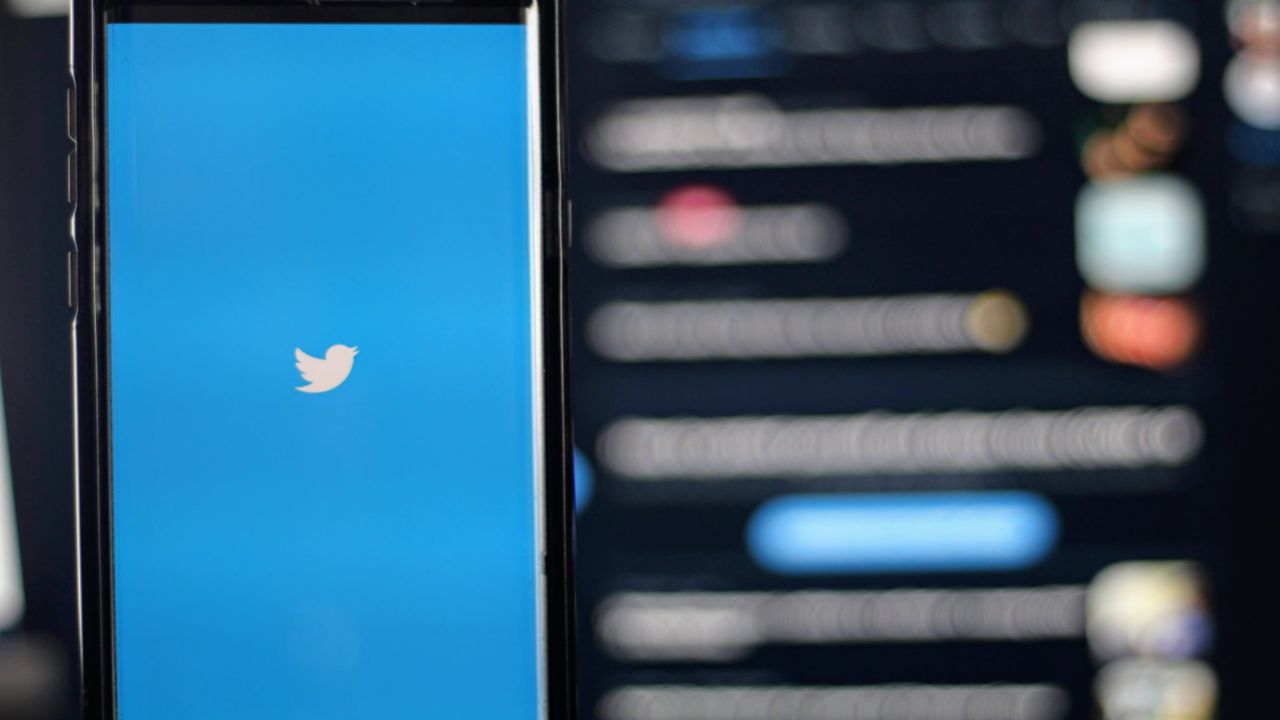
NORTH CAROLINA — Weeks after a grueling election it feels like our nation stands even more at odds.
What You Need To Know
- In a recent Pew Research Center survey, 64% of Americans say social media has a mostly negative effect on the way things are going in the U.S.
- The Senate Judiciary Committee recently questioned the heads of Twitter and Facebook over how the platforms handle misinformation
- Lawmakers from both parties signaled more regulation is needed, but disagree on whether the platforms are moderating too much, or not enough
Cody Whisinnand has been on social media since he was 14, more than half his life.
He says some of the messages he’s received from loved ones online carry a harsher tone compared to their face-to-face conversations.
“I made a tweet not that long ago and I received a message from a family member being a little more condescending,” says the Raleigh resident. “Saying you’re playing checkers while we’re playing chess, educate yourself or change the channel.”
Shannon McGregor, a senior researcher at The Center for Information, Technology, and Public Life at UNC-Chapel Hill believes it’s a reflection of our polarized society. She does envision the intensity dialing down some after Joe Biden presumably takes office.
“We know the public responds a great deal to cues from elites,” says McGregor. “So if the president himself is sort of taking it down, I imagine several notches, on social media as compared to the outgoing president, we might expect to see that eventually reflected in at least some of the public.”
Earlier this week senators grilled the heads of Facebook and Twitter for more than four hours.
Both Democrats and Republicans agree more regulation is needed but for different reasons. Some Democrats think more rigorous moderation is needed to combat misinformation. Many Republicans allege tech giants are censoring conservative points of view.
“Trying to determine what’s real, what isn’t, what’s propaganda, I think that’s becoming increasingly hard,” says conservative Matt Littlejohn.
Bothered by flagged tweets and Facebook posts, he’s spending more time on Parler.
The app billing itself as the “free speech social network” surged to the top of app charts following the election.
Prominent conservatives have called their followers to migrate over.
Groups like the Anti-Defamation League worry it could further spread extremist views and conspiracy theories.
Littlejohn says he’s not leaving Twitter or Facebook because he’s not only looking for like-minded views.
“What I don’t want to be a part of is any misinformation campaign,” says Littlejohn. “It’s taking a look at all the platforms, whether it’s NBC, CBS, ABC, Fox News, really taking in different information sites and see where the facts kinda align.”
With endless amounts of information at our fingertips, social media experts say it’s up to us to determine where the digital discourse goes from here.
“Behind most of these comments there’s a person. Sometimes we lose sight of that,” says Kathleen Stansberry, assistant professor of strategic communications at Elon University. “It’s not just shout into the ether. We should be aware of how we communicate, the types of people we want to be and how we want to feel.”
"social" - Google News
November 22, 2020 at 03:30AM
https://ift.tt/2IXe9hC
Post-Election Social Media Environment - Spectrum News
"social" - Google News
https://ift.tt/38fmaXp
https://ift.tt/2WhuDnP
Bagikan Berita Ini














0 Response to "Post-Election Social Media Environment - Spectrum News"
Post a Comment